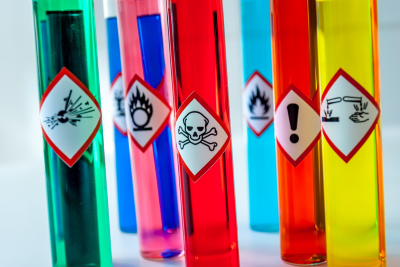
PFAS chemicals have been dubbed “forever chemicals”, because they are extremely persistent, lasting thousands of years in the environment. Small amounts of toxic chemicals can cause many serious health problems. Clean Water Action is working at state and local levels to stop PFAS pollution at the source.
What are PFAS Chemicals?
Regardless of what polluters/producers of PFAS wish to promote, there is one definition of PFAS. PFAS are a class of over 9,000 highly persistent and toxic chemicals used in many industrial processes and consumer products, most often to make grease-proof, waterproof, and stain-resistant products. PFAS may also be referred to as Perfluorinated Compounds (PFCs).
Why should people care about PFAS Chemicals?
A large concern is that PFAS can interfere with the endocrine (hormonal) systems, and can cause cancers, birth defects, and other developmental disorders. Unfortunately, with the prevalence of PFAS, they are nearly impossible to avoid. Virtually every American has been exposed to PFAS, with even newborns being exposed through the mother’s blood supply.
How can PFAS be avoided?
While PFAS are seen in most parts of everyday life, there are ways to minimize exposure. Products with PFAS to avoid are non-stick cookware, water-proof/stain-resistant clothes, and grease-proof food wrappers/boxes. Along with avoiding these products, installing a carbon filter in water supplies can be a great way to lower exposure.
What is Clean Water Action doing to Prevent PFAS exposure?
Clean Water Action is working at state and local levels to stop PFAS pollution at the source. In the past, New Jersey has set the standard when it comes to PFAS. As PFAS producers fight against more protective regulations, it is up to the people of New Jersey to lobby their legislators to properly classify PFAS and keep them out of waterways and consumer products.